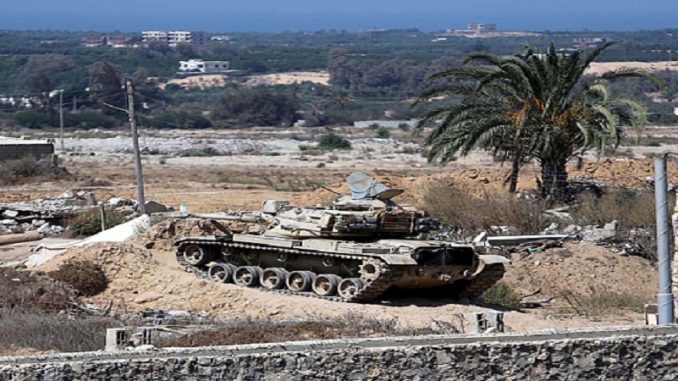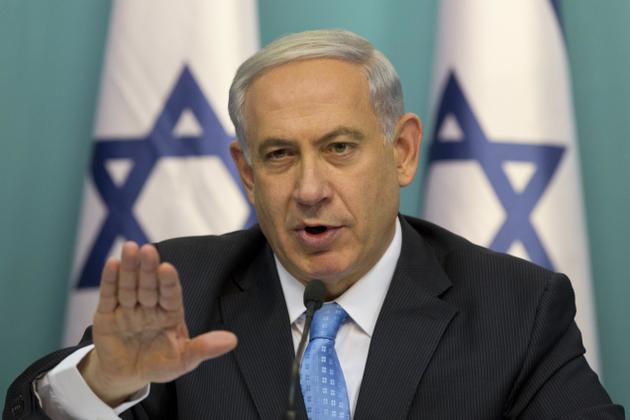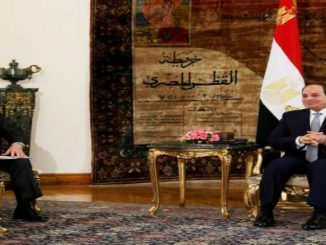
Human Rights Watch accused Egypt of mass demolition of homes in the Sinai Peninsula, some of it meant to punish suspected Islamist militants and their families, in a security crackdown in the remote desert region.
The New York-based rights watchdog said demolitions, which have taken place in recent years to carve out buffer zones along borders such as that with the Islamist-ruled Gaza Strip, had increased significantly.
An Egyptian military spokesman denied the report, saying it was based on “undocumented sources”, and said the armed forces were working within a legal framework to create a buffer zone along the Gaza border and around al-Arish airport.
Egypt in February launched a highly-publicized operation against Islamic State militants who have waged years of attacks on security forces and more recently on civilians in which hundreds of people have been killed.
As part of a push against the militants, authorities announced they were razing farmland and properties for several km (miles) around the town of al-Arish in North Sinai.
After militants stepped up their attacks in 2013, the military razed an extensive area along the border with Gaza.
Human Rights Watch said the authorities had demolished more than 3,000 buildings and razed farmland within a 12 km (7.5-mile) area along the Gaza frontier, as well as scores of buildings near al-Arish.
“The total number of buildings demolished so far in 2018 is the largest since the government ordered the eviction of residents from the Rafah buffer zone in October 2014,” HRW said in its report.
The group also said three witnesses had reported security forces demolishing or burning “several buildings” in al-Arish which they had identified as being owned by suspected militants or their relatives.
HRW Middle East director Sarah Leah Whitson said in a statement,“The Egyptian army claims it is protecting people from militants, but it’s absurd to think that destroying homes and displacing lifelong residents would make them safer.”
Reuters could not independently verify HRW’s report. Egypt does not allow international media to travel to North Sinai to report.
The military spokesman said residents affected by the creation of the buffer zones have been properly compensated.
“The value of the compensations has reached 900 million pounds ($50.4 million). This in addition to the essential goods and medical and administrative needs that the armed forces provide to citizens in areas of operations,” the statement said.
Critics say Egypt’s use of conventional military might against militants who have hidden out for years in Sinai is unlikely to clear them from the vast rugged region, which lies on the Red Sea between the Gulf of Suez and the Gulf of Aqaba and is separated from mainland Egypt by the Suez Canal.
The defeat of Islamist militants and restoring stability is one of Abdel Fattah al-Sisi’s main promises as he begins a second term.
Egypt’s 2011 popular revolution, which toppled longtime president Hosni Mubarak, was followed by years of violent political upheaval that severely damaged Egypt’s economy.



